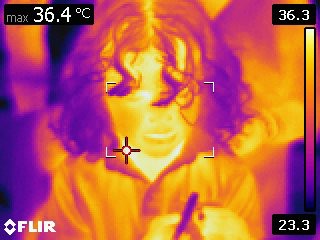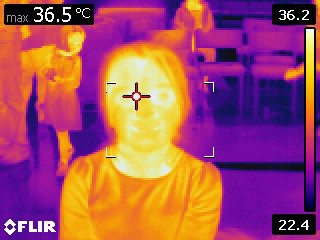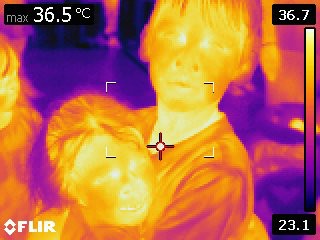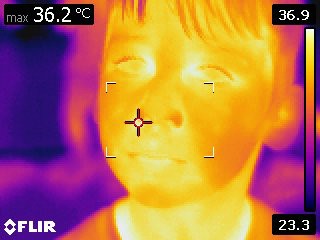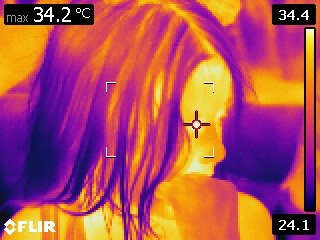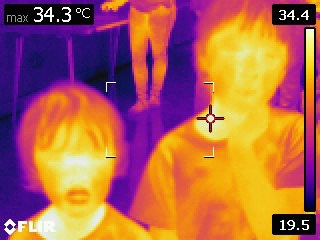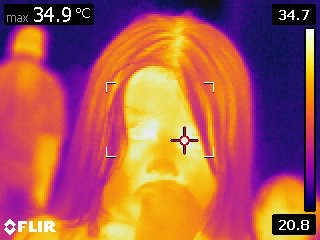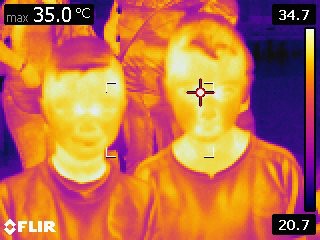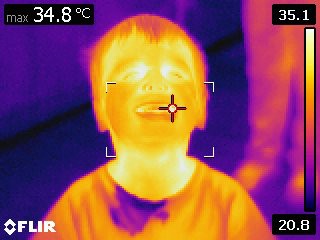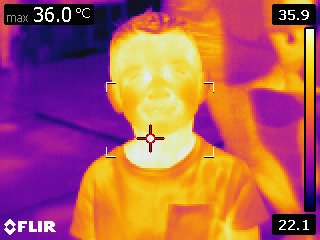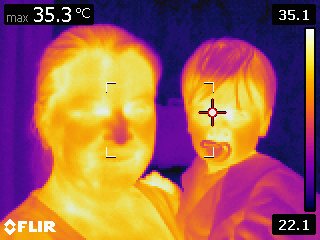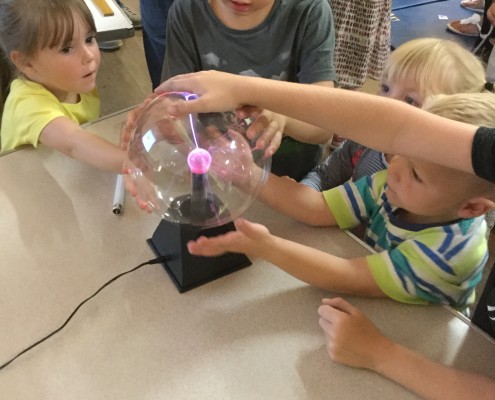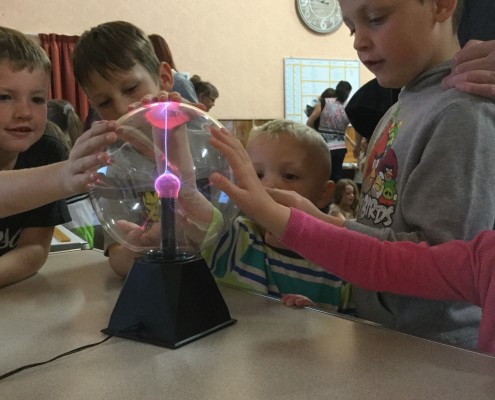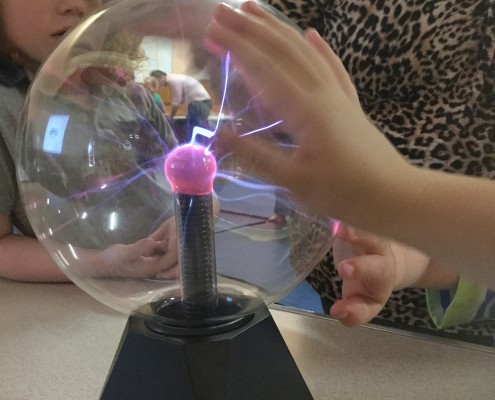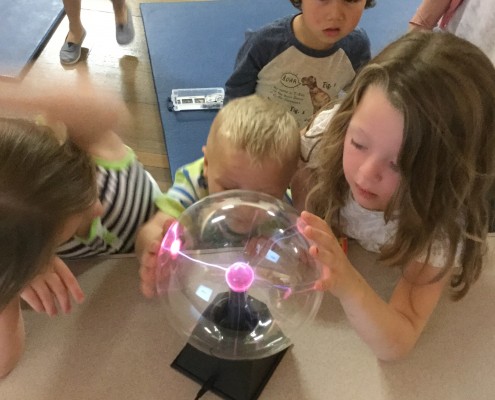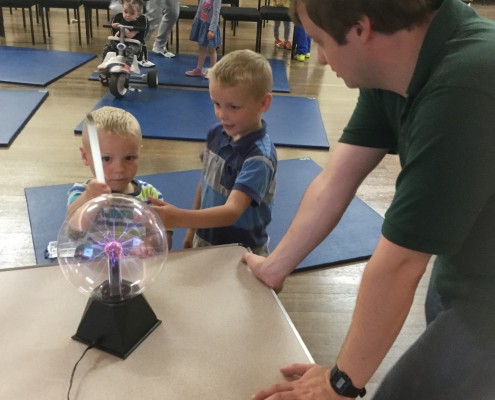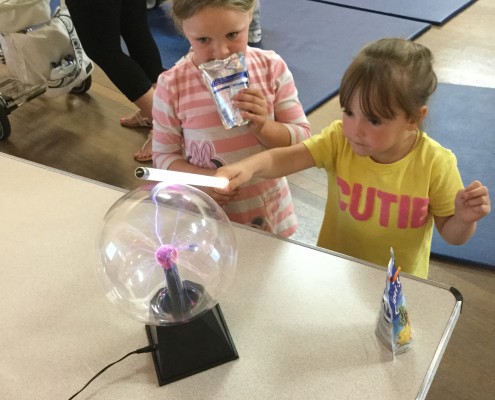Science Communication MSc
/0 Comments/in News/by JonathanThink Physics is based at Northumbria University, where it just so happens we run a Science Communication MSc course as a joint endeavour with the Centre for Life (who are also a Think Physics partner – are you spotting a pattern here?).
There are several such courses in the country, notably the ones run by Imperial College and the University of the West of England. The Northumbria course differs primarily in the close association with a leading visitor centre: if you look closely at the range of courses available, you’ll see that each skews towards a different niche and specialism.
The course is currently recruiting for its second entry cohort, either for full-time study over one year or part-time over two. Useful links:
- A handy blog post from existing MSc student Jaclyn Laird, reflecting on the first year of the course.
- Northumbria University’s page for the course.
- Life’s page for the course.
Register your school for BBC micro:bit
/0 Comments/in News/by JonathanConfused by Raspberry Pi and Arduino (not to mention Espruino, Beagleboard, Edison, and all the rest)? Don’t despair, things are about to get even more convoluted!
The BBC are introducing a whole new platform to the education mix, with their micro:bit available to every year 7 child in the UK. The board itself is the centrepiece of a whole education initiative, “Make It Digital”, which aims to build on the legacy of the original 1980s BBC Computer Literacy Project, which itself spawned the original BBC Micro. So, surrounding the new board will be a whole ecosystem of learning materials and projects. There’s also a rather interesting web-based programming tool, built on Microsoft’s TouchDevelop, which looks like it might neatly bridge the gap between popular introductory tools like Scratch and follow-on approaches like Python and Arduino’s C environment.
Arguments about whether the BBC should have gone this route are largely moot at this point – as a publicly-funded body it’s hard for them to be seen to back any commercial product, even if it’s wholly open (Arduino) or sort-of commercial but warm and cuddly (Raspberry Pi). Besides, the array of Make It Digital project partners is huge.
So micro:bit is coming, and hopefully bringing with it a vast array of high-quality resource material. And best of all, it’s all free. Or at least, one micro:bit per year 7 student will be – the rest of us will have to buy the things, but that’s still a great start.
Register your school now to receive micro:bits for your 2015 year 7 group, via this web form.
No, really: if you’re responsible for ICT in your school, fill the form in. Micro:bit might turn out to be a distraction, but there’s a decent chance it’ll be a superb platform and ecosystem for investigations and embedded projects. I’ll be trying to get my hands on a few micro:bits when they become more widely available, and I look forward to building things with them via Think Club.
Additional links:
- Design company Technology Will Save Us have a lovely page introducing the micro:bit and some of its potential. Well worth scrolling through.
- Tech specs for the board, which includes some interesting features. It’s a relatively powerful beast, includes Bluetooth as well as USB, and has neat additions like a grid of LEDs, accelerometer, compass, and buttons all built-in.
- Early project prototype from well-known supplier Kitronik: a micro:bit buggy. Note the board attached to the buggy via an edge connector, which is a cunning design feature.
- The BBC’s development blog, detailing the prototype history of the board.
- Element 14 tell the story of their part in turning the prototypes into manufactured products.
Pelton Community Centre
/0 Comments/in News/by Joe ShimwellIt’s been a busy afternoon at Pelton Community Centre – we’ve been exploring the universe!
We’ve played with plasma, indulged in a little infra-red photography and charged ourselves with the Van de Graaff generator. Take a look at the galleries below if you want to see some of the photos!
If you’re interested in finding out a little bit more about the Explore Your Universe science show, you can visit our page here.

